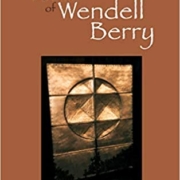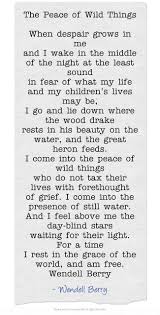 My mother will be 82 years old tomorrow; I’m going to visit overnight, and three of her sisters and a niece will be meeting me and my sister in Allyn, at Mom’s new home, to have lunch–and cake!
My mother will be 82 years old tomorrow; I’m going to visit overnight, and three of her sisters and a niece will be meeting me and my sister in Allyn, at Mom’s new home, to have lunch–and cake!
Here is a picture of Beverly with some of her sisters, a sister-in-law, and a niece, and five of their young children. My mom is the young woman in the middle, looking right at the camera. In this picture, she is pregnant with me.
With my mother now in care, I’ve been thinking about my grandmother’s illness toward the end of her life, when she was still being cared for at home, and of this poem (originally published in Calyx, a Journal of Art and Literature for Women).
*
To Carry On
My grandmother’s name was Arada–
In another language, “fertile field.”
I am the second child of her eleventh
And grew up next door
On the old creek road. When Granma
Was old, she took six pills a day,
Thought she saw babies
On the chair, on the pillow, on the floor
Beside her bed. “Careful,” she said,
“Don’t sit on the baby.”
Her daughters cared
By turns, departing after
Like moons into the dark of planets.
From the threshold once
I heard her call, “Don’t forget me,”
But I had already turned into the hall,
To a time before names were spoken.
My aunts moved aside invisible bundles,
Clucked their tongues
And counted pills. “She’s never been sick
Except to have babies.” They smoothed
A blue blanket under her chin,
Smoothed back her black hair.
When I dream of my grandmother, my dream
Is a word from a wordless deep,
A shaft of light. She is tiny
And wrinkled. I wrap her in my arms.
I bear her up the stair.
 While looking for a poem that I’m pretty sure I posted to the old blog (One Bad Poem), I rediscovered this audio clip on NPR, an essay by Alan Heathcock about the pleasures of reading a poem a day:
While looking for a poem that I’m pretty sure I posted to the old blog (One Bad Poem), I rediscovered this audio clip on NPR, an essay by Alan Heathcock about the pleasures of reading a poem a day:

 ecent Seattle reading, poet
ecent Seattle reading, poet 
